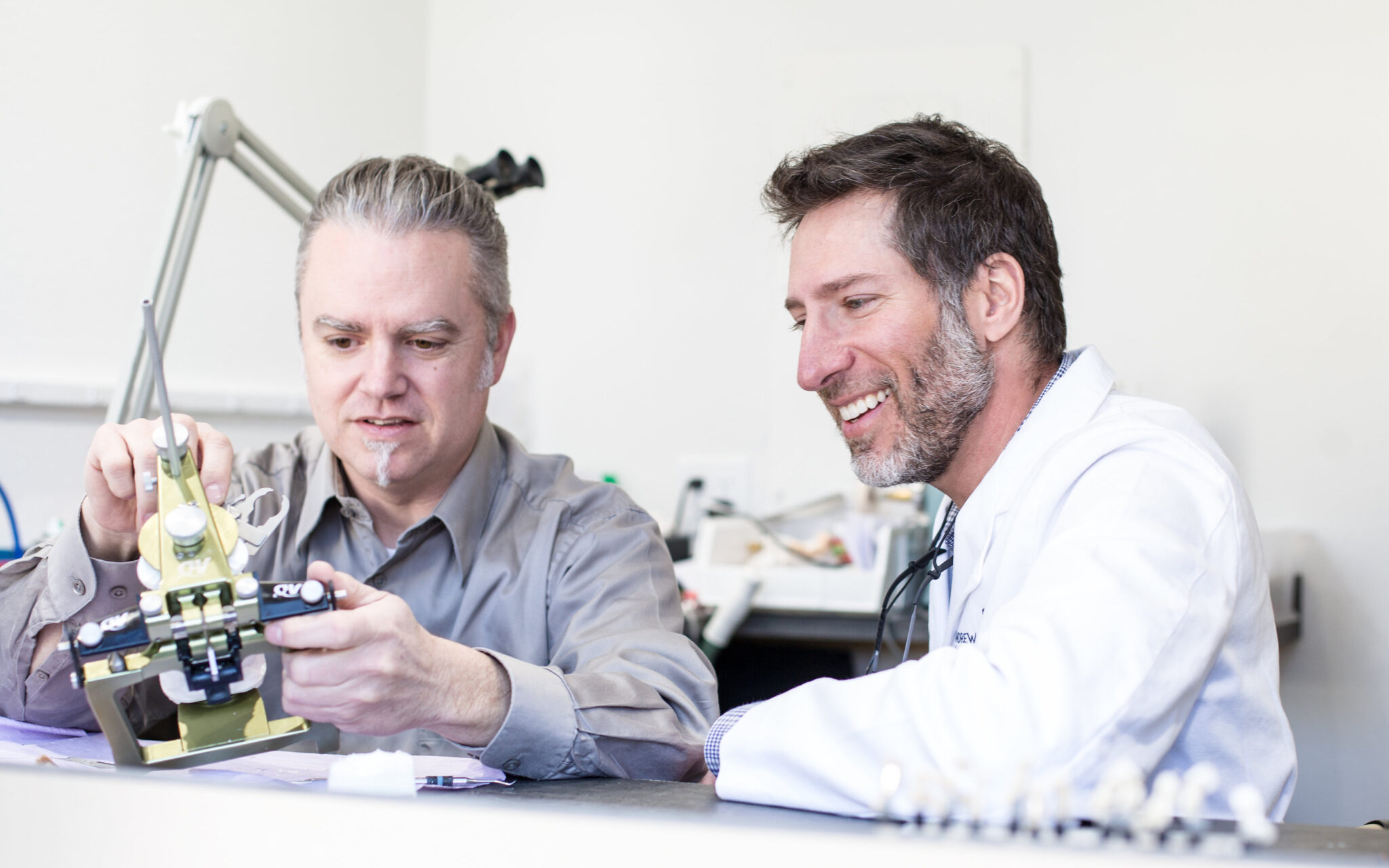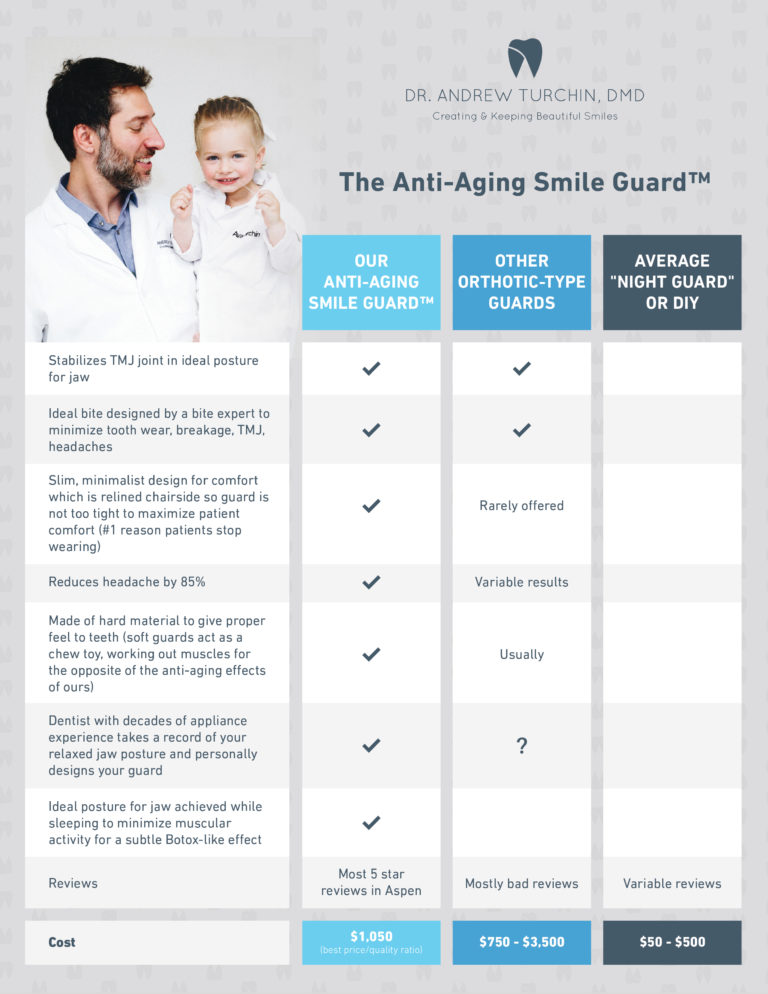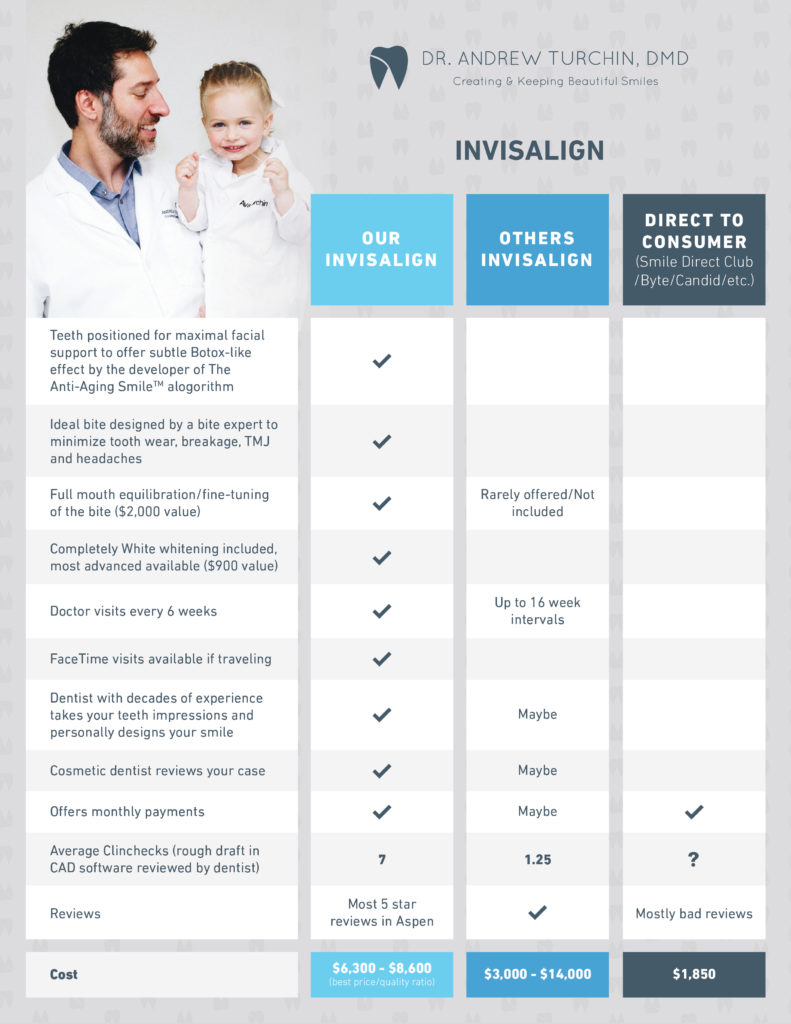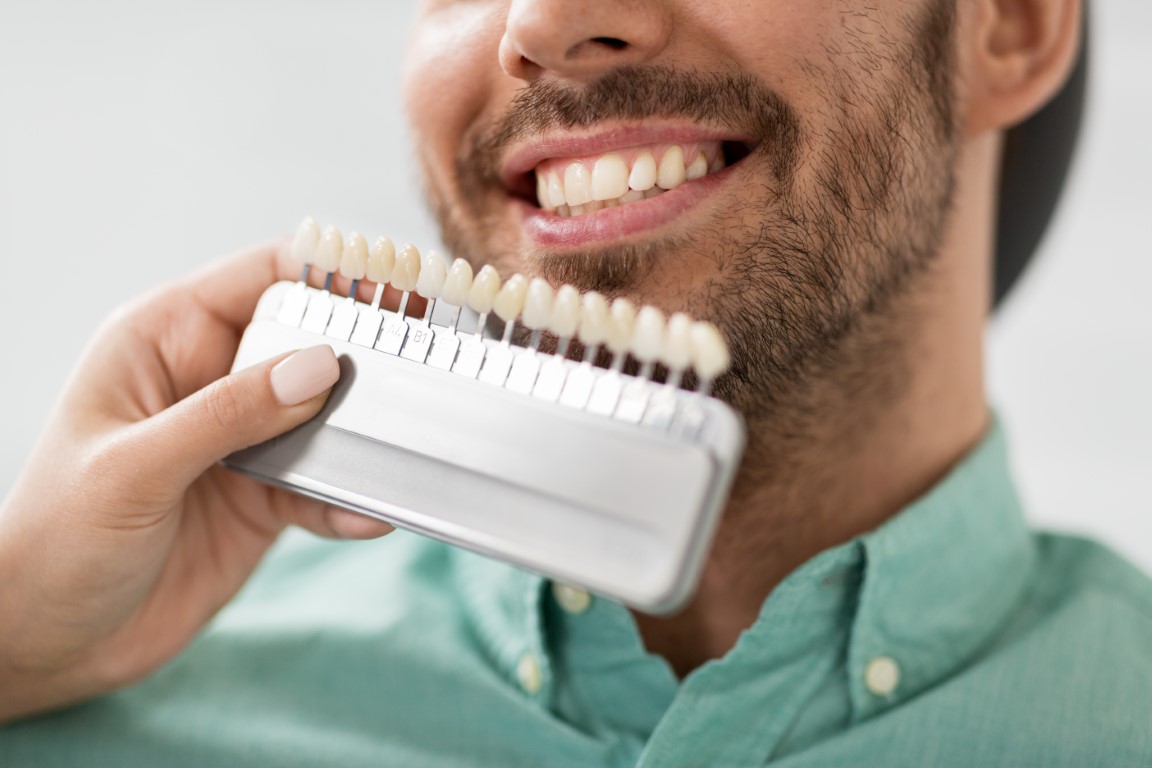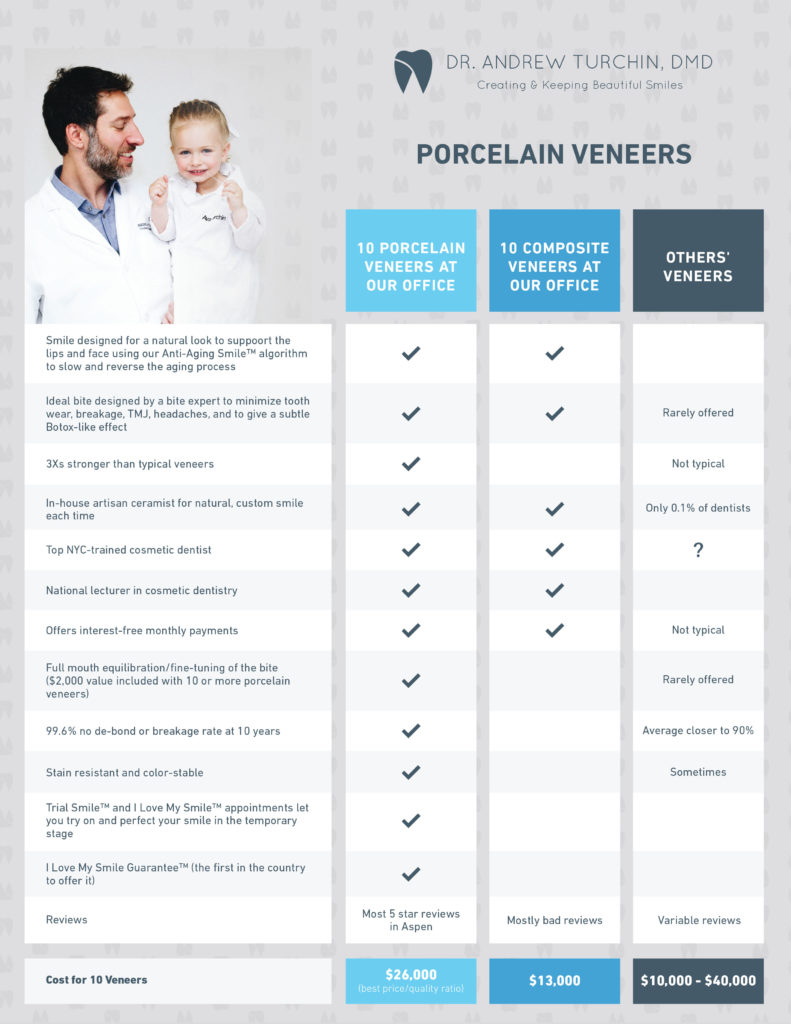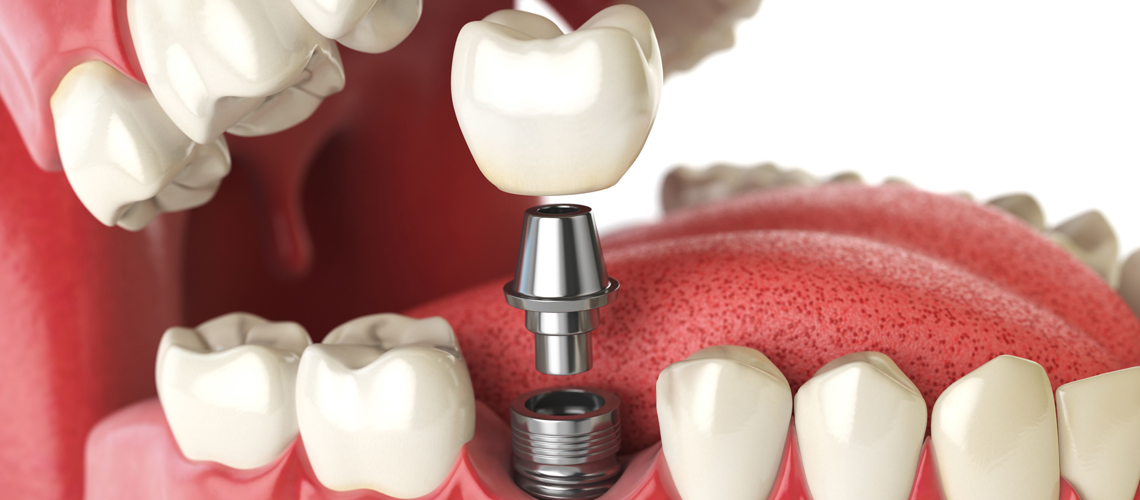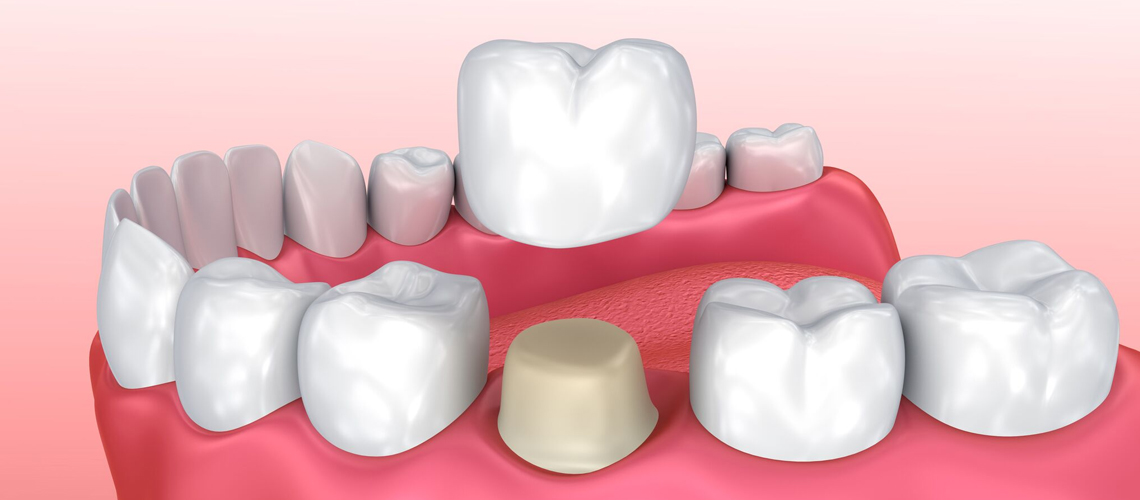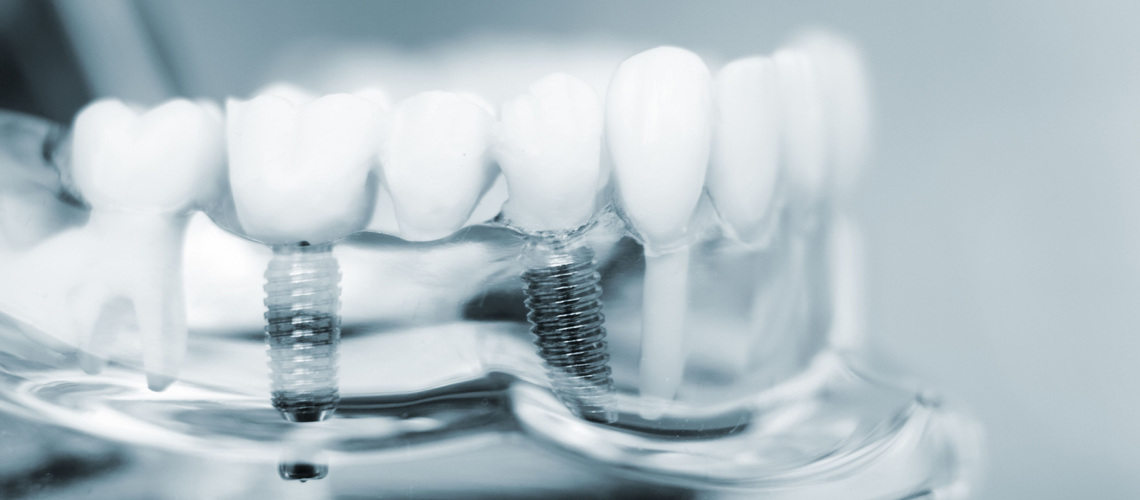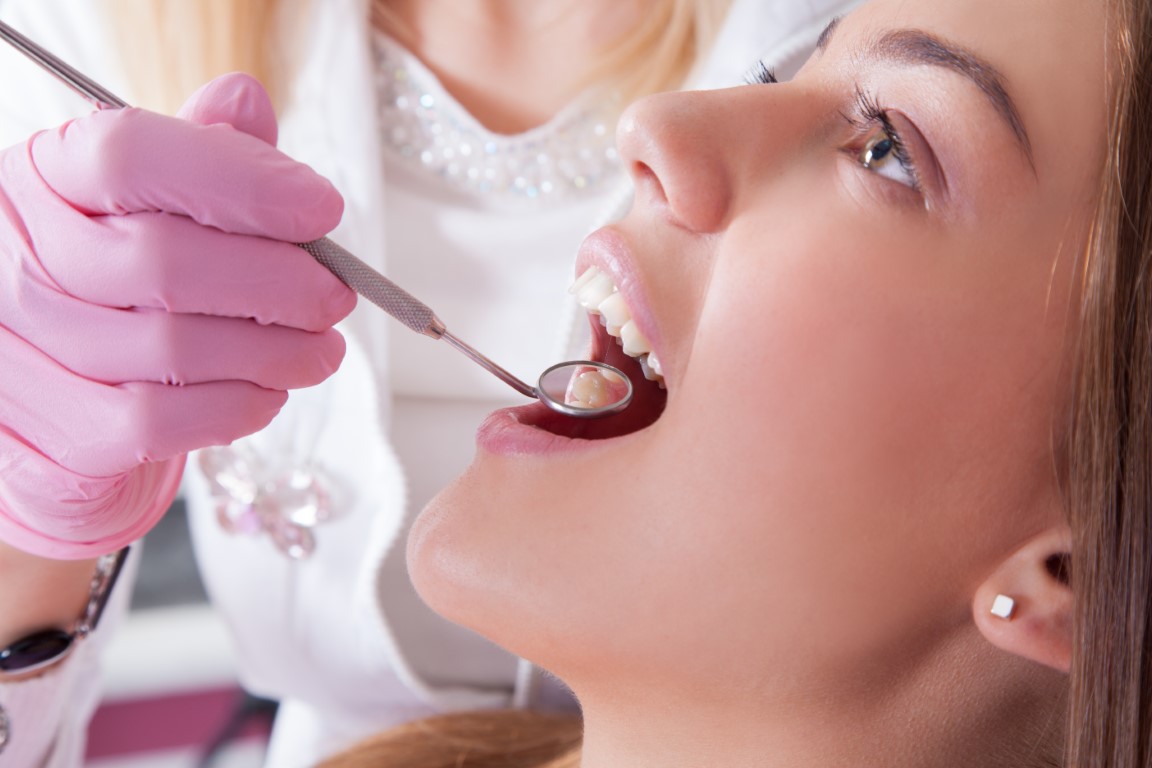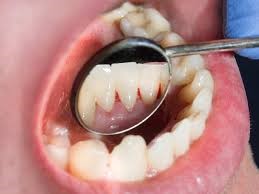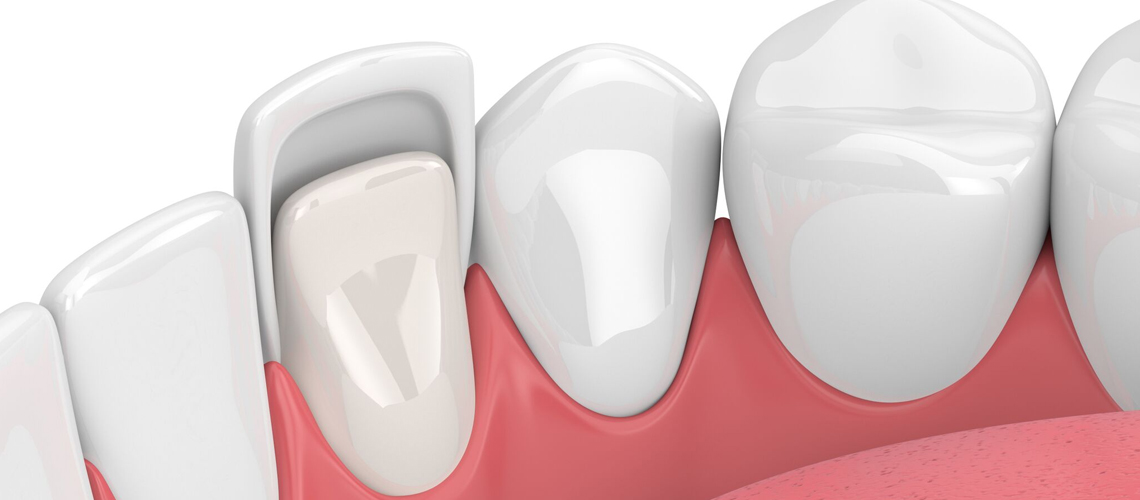What exactly are Dental Implants?
In the past, when you were missing a tooth, your only two dental options were to have a fixed bridge placed or wear a partial denture. Dental implant technology has revolutionized the dental industry. Dental implants are small metal rods made out of titanium. This surgical-grade metal is safely inserted into the gums and bonds with the natural bone in under six months. Once bonded, the implant creates a permanent abutment for restorative work like dental crowns and bridges. Some patients even choose to have implants placed so that their dentures fit more securely. These are known as implant-supported dentures, and they work effectively to prevent denture plates from slipping and falling out.
Why would you need Dental Implants?
The reason you may need or just want dental implants is because you’re completely missing one or more of your teeth. Instead of compromising surrounding teeth, the implant replaces only the tooth that is missing. Once the implant has fully healed, a dental crown will be placed on top using the connector of the implant. You may also want dental implants because you wear dentures and are tired of using adhesives and gels to keep them in place. Implants create a more natural-looking smile whether you’re replacing one tooth or using them as an anchor for a prosthetic.
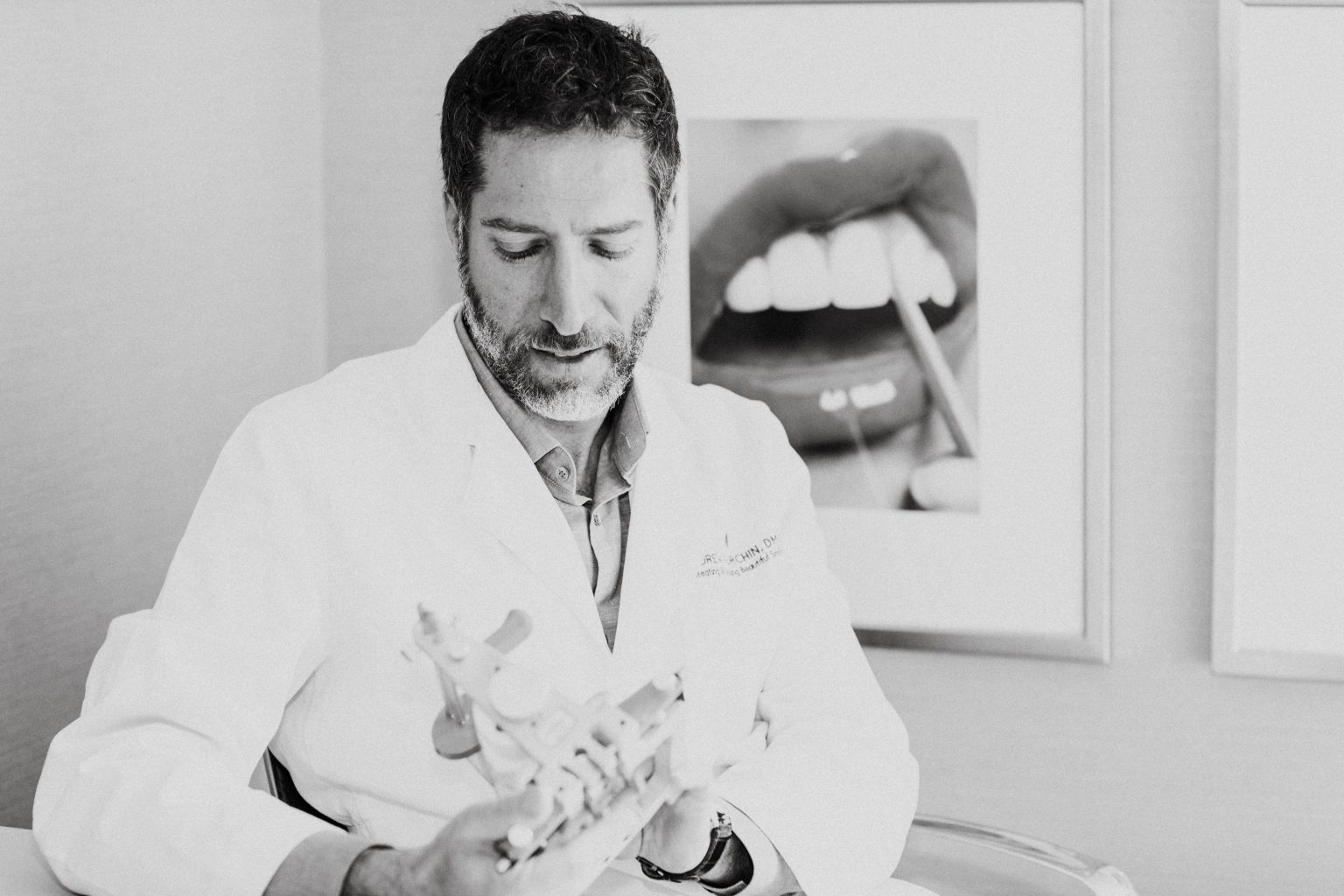
Are There Different Types of Dental Implants?
Watch Dr. Turchin discuss dental implants and their different types!

